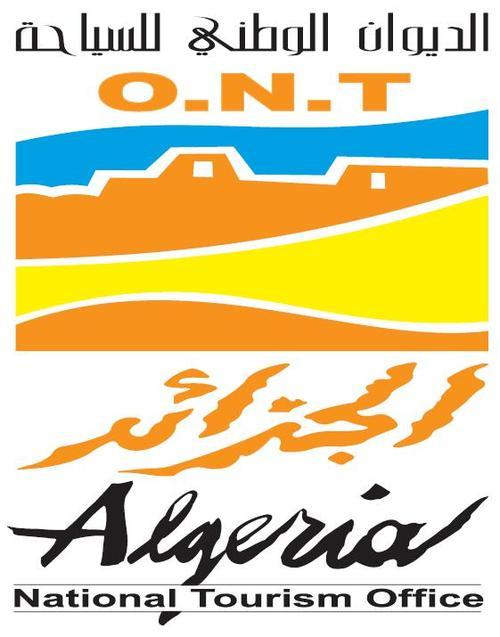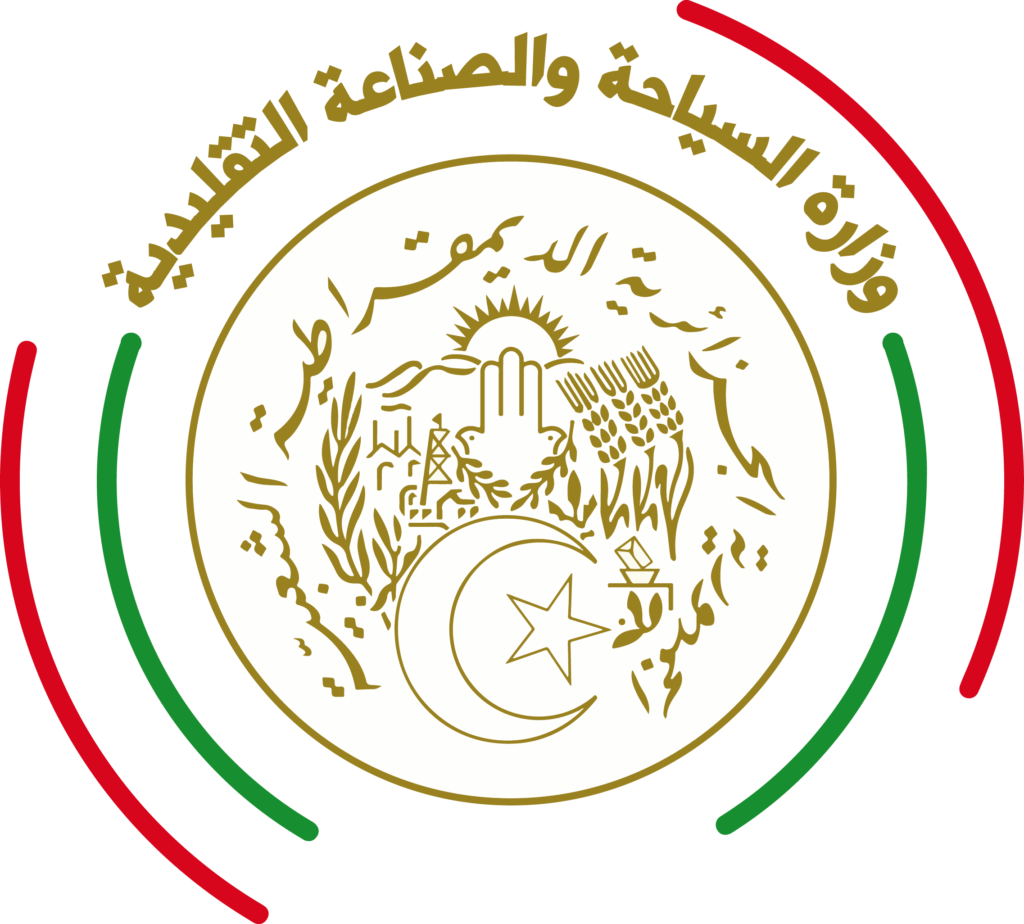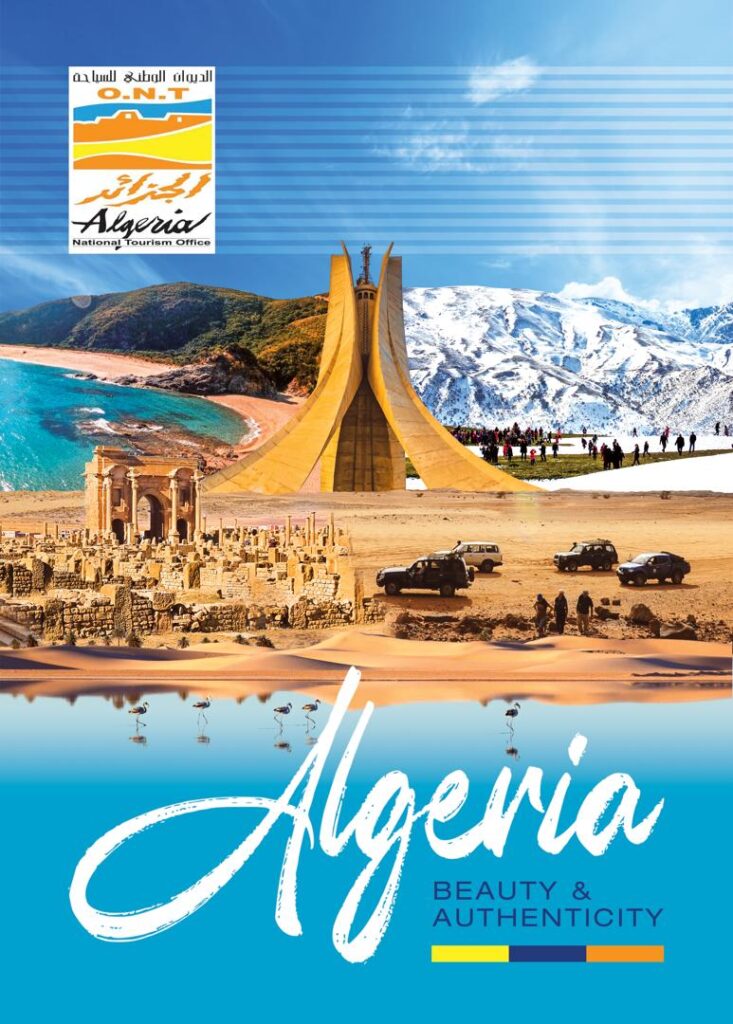In 1940, a coin found in the district of the Navy, shows that a city was created in the 7th century BC on the site of Algiers; probably the legendary Ikosim, a Phoenician city that was founded by 20 companions of Hercules.
Long remained a small port, the city began to develop when it was incorporated into the Roman Empire in 146 AD In 952 AD, Berber Bologuine Ibn Ziri enlarges and strengthens the small city that He named “El-Djezair”, a name that was transformed into “Alguer” by the Catalans. During the following centuries, Algiers was dominated by the victors of the struggles for control of the Maghreb and the Mediterranean. At the end of the fifteenth century, the city saw a large number of Moriscos expelled from Andalusia and also became a landmark of corsairs. The Thaaliba Arab tribe created a protectorate in response to attempts to install Spanish Catholics who built the fortress of Peñon El Argel in 1510. Six years later, Algiers declared itself Ottoman and after thirteen years of battle the Turkish dominated the city and destroy the Peñon. In June 1830, after failed attempts by the Spanish, English and Dutch, the French landed west of Algiers and established a colonial administration that lasted for 132 years.
Algiers, today business center and heart of the Algerian economy, has about 1,500,000 inhabitants. The Kasbah of Algiers (Old Town), a UNESCO World Heritage Site, is still home to 50,000 souls. City of culture, it has many museums and art galleries. Its parks and gardens invite you to relax in the shade of lush palms or at the edge of ponds. Several large hotel groups such as Hilton, Sofitel, Mercure or Sheraton have invested the heart and the near surroundings of the city.




